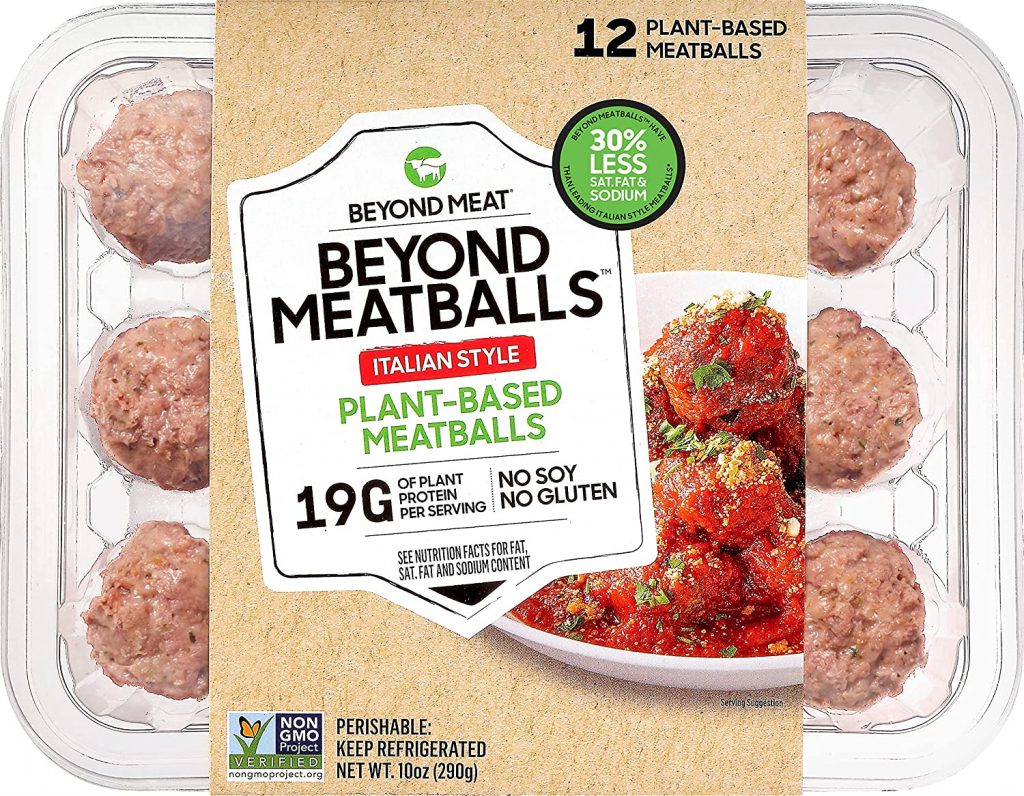Beyond Meat Crippling Under Competition Pressure?
Beyond Meat's sustained success is in serious jeopardy as it faces challenges from its major competition.
This article is more than 2 years old

Beyond Meat had a shares dip this Friday, dropping more than 7%. Over the last 12 months, the stock has fallen tremendously, over 68% since the end of 2020. This unexpected decrease in sales and stock price could do with Beyond Meat’s competitors.
A massive threat to Beyond Meat’s stability in the meat substitute game is Kroger and Impossible’s sudden partnership. Recently, the two companies decided to team up to make plant-based foods under a private distributor. A large chain like Kroger partnering with Impossible threatens other meat substitutes providers. If Impossible products keep escalating in the market, it could potentially serve as an inevitability for other plant-based alternative products to crumble.
The partnership for Impossible and Kroger is threatening due to the nationwide success of Kroger. Since Kroger grocery stores are everywhere, the chain can implement the Impossible name in an area that has never distributed meat substitutes before. Analyst Robert Moskow compared this situation to Costco’s Kirkland line and its partnership with Tyson Foods. Costco was able to put both labels on the packaging, introducing consumers to the individual companies simultaneously. This new introduction for Impossible could be highly harmful to Beyond Meat, and its dip in stock market price has already reflected this damage.
Unlike Beyond Meat, Impossible is a privately-held company, so its metrics don’t have to be displayed publically. This could mean that Impossible’s sales might not be doing as well as investors assume. But, with Impossible’s new partnership with Kroger and its name becoming synonymous with meat alternatives altogether, Impossible is likely still doing well in the stock market.
Last February, Beyond Meat was already experiencing a devastating fall in the marketplace. Beyond Meat stock prices went down by 28.2% last February. Though this drop was one of the most significant in the company’s history, it aligned with the meat substitute’s continuous decline from its previous fiscal quarter. The fourth-quarter fiscal report was even assumed to be less severe than the actual outcome, but analysts did agree that Beyond Meat’s drop in sales was inevitable.
In 2021, Beyond Meat lost 49% of its overall stock value. This conflicted with Beyond Meat’s sudden success in 2020. At the pandemic’s start, the meat substitute’s sales had a shocking acceleration. Sales surged to over 65%, with many consumers wanting to purchase frozen-food items over fresh food during the precarious pandemic beginnings. Now, the need for frozen, plant-based products has declined, mirrored in Beyond Meat’s stock de-escalation.
Analysts projected that Beyond Meat would finish off 2021 with $101.4 million in total revenue. The company was just shy of that mark, coming in at $100.7 million last year. The total net loss for the company was $80.4 million, which was $1.27 per share. This is a 274% change from the previous year’s share drop, which only declined by $0.34. The loss of $1.27 per share was far worse than many expected, with Wall Street’s estimate for Beyond Meat’s 2021 share drop at $0.71 per share.
With a marketplace changing so drastically during the pandemic, Beyond Meat has had trouble keeping up with its competitors. With Impossible’s new venture with Kroger grocery stores, the end might be near for this meat-substitute company.




